Developing enquiries
Developing effective historical enquiries is not as easy as it might at first seem. Firstly, a successful enquiry depends upon the teacher having sufficient knowledge of the topic and the historical issues and controversies that surround it. In the teaching sequence, what do I include and what do I leave out? Secondly, the enquiry question must then be framed in such a way that it allows children to hypothesise, to grapple with an issue or controversy, the handle and evaluate evidence, to ask questions of their own and to make judgments. In this section, you will find advice and guidance to help you to plan and carry out effective historical enquiries with your pupils.
Sort by:
Date (Newest first) | Title A-Z
Show:
All |
Articles |
Podcasts |
Multipage Articles
-
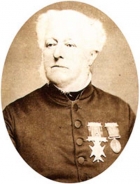
Shropshire's Secret Olympic History
ArticleClick to view -
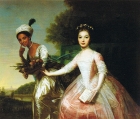
Slavery in Britain
ArticleClick to view -

So was everyone an ancient Egyptian?
ArticleClick to view -
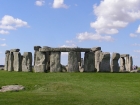
Stone Age to Iron Age - overview and depth
ArticleClick to view -
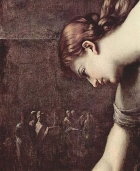
Story, myth and legend: The Story of Atalanta
ArticleClick to view -

Studying the Maya
ArticleClick to view -

Teaching crime and punishment as a post-1066 theme
ArticleClick to view -

Teaching history and geography together in a meaningful way
ArticleClick to view -

The 2014 History National Curriculum: how to get the best from heritage
ArticleClick to view -

The Early Years Foundation Stage Curriculum
ArticleClick to view -

The Elizabeth cake
ArticleClick to view -
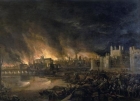
The Great Fire of London and the National Curriculum
ArticleClick to view -
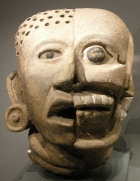
The Maya: a 4,000-year-old civilisation in the Americas
ArticleClick to view -
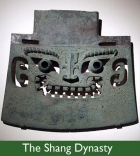
The Shang: What can we tell about an ancient civilisation from one tomb?
ArticleClick to view -

The Vikings: ruthless killers or peaceful settlers?
ArticleClick to view -
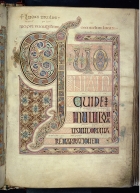
The gall nuts and lapis trail
ArticleClick to view -
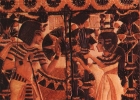
Think Bubble 60: Writing from experience
ArticleClick to view -

Thinking through history: Story and developing children's minds
ArticleClick to view -

Thinking through history: assessment and learning for the gifted young historian
ArticleClick to view -

Timelines and technology
ArticleClick to view

